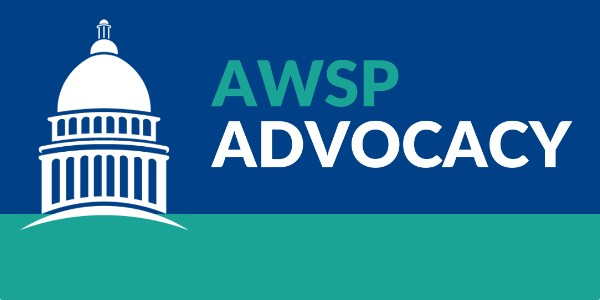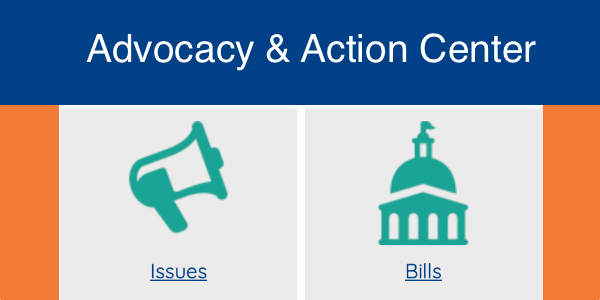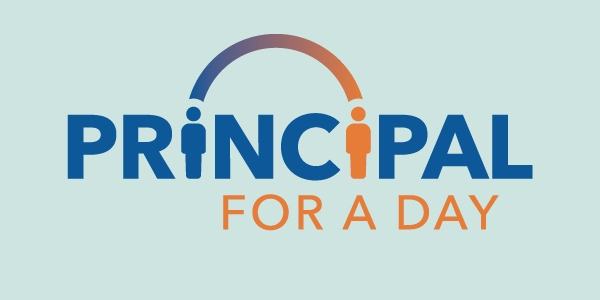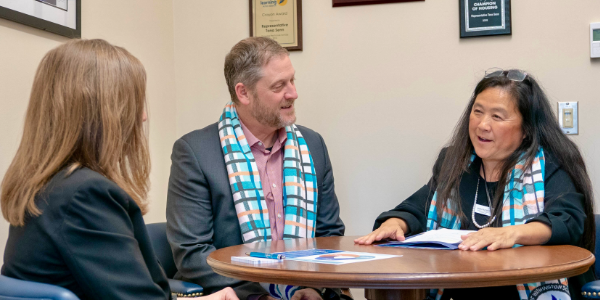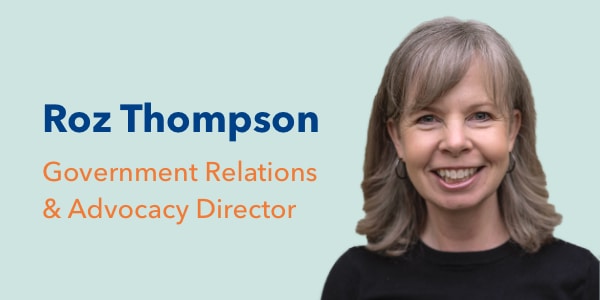Public hearing and Executive Sessions continued this week as legislators dealt with various bills received from the opposite chamber. In fact, it appears that committees have sped up bills passing from Executive Sessions. This pattern will continue until the deadlines come and go for bills to have cleared policy (March 26th) and fiscal (April 2nd) committees.
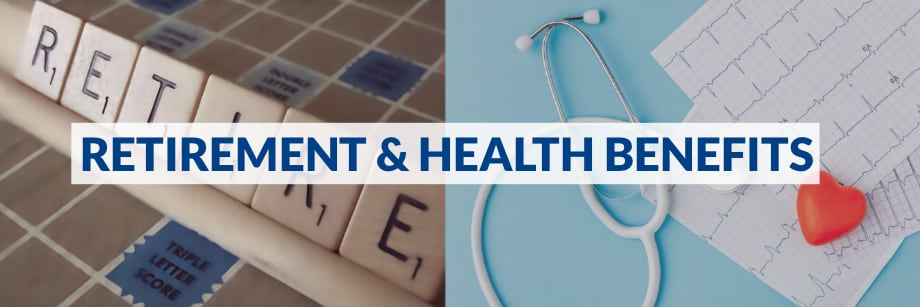
“And the beat goes on…” ~ Sonny Bono
Public hearing and Executive Sessions continued this week as legislators dealt with various bills received from the opposite chamber. In fact, it appears that committees have sped up bills passing from Executive Sessions. This pattern will continue until the deadlines come and go for bills to have cleared policy (March 26th) and fiscal (April 2nd) committees.
Retirement Related Proposals
SB 5021 | Concerning the effect of expenditure reduction efforts on retirement benefits for public employees, including those participating in the shared work program. This bill provides that specified public pension and retirement calculations will not be reduced as a result of state mandated furloughs. (Executive action was taken by the House Appropriations Committee on 3/15.)
ESSB 5115 | Establishing health emergency labor standards. (Executive action is scheduled before the House Labor Committee on 3/17.)
SB 5352 | Allowing new government employees the option of opting out of retirement system membership if the employee is age sixty or older when first hired or when the employee’s employer opts into retirement plan participation. (A public hearing was held on 3/18 before House Appropriations.)
SB 5367 | Directing the department of retirement systems to create rules regarding automatic refunds of retirement contributions in the retirement systems listed in RCW 41.50.030. (Executive action was taken by House Appropriations on 3/15.)
SB 5453 | Concerning plans 1 and 2 of the state retirement systems by combining LEROFF 1 and TRS Plan 1 assets to retire the unfunded liability of TRS 1. This bill was introduced by Senator Schoesler and has the full support of Senator Braun, two leaders of the Republican side. Although this bill has not even had a hearing, it is likely deemed to be NTIB.
Because of the sentiment of leading legislators regarding the unfunded liability issue, WSSRA (WA State School Retirees’ Assn.) is advocating that because of the soon to be influx of federal dollars, legislators should consider meeting two needs; (a) Use some budget stabilization dollars (BSA) to decrease the unfunded liability of Plans 1, in lieu of SB 5453 proposal, and (b) fund a COLA for Plans 1 members. ($35 M biennial cost).
School Employee Benefit Board (SEEB)
SB 5322 | Prohibiting dual enrollment between school employees’ benefits board and public employees’ benefits board programs. (Executive action was scheduled on 3/15 before House Appropriations.)
Other Bills
There are a number of bills proposed that deal with expanding various employee benefits and qualifications. They address such areas as unemployment compensation, family and medical leave, and workmen’s compensation. These proposals may or may not apply to school districts and represent potential added costs to a district’s operations.
Two bills (E2SHB 1073 and ESSB 5097 ) in the 2021 virtual legislative session are proposing changes.
E2SHB 1073 expands coverage of the paid family and medical leave program. (Executive action was taken on 3/17 before the Senate Labor Committee)
ESSSB 5097 expands coverage of the paid family and medical leave program. (Executive action was taken on 3/19 before House Labor Committee.)
(NEW ) 2SHB 1076 | Allowing whistleblowers to bring actions on behalf of the state for violations of workplace protections.
Aggrieved persons, whistleblowers, or their designated representative: An entity, known as a relator, may bring a qui tam action as a relator for any relief the specified state agency may seek, including penalties and damages, subject to the same conditions and limitations that apply to the agency for the following laws and associated rules:
- the Minimum Wage Act, the Wage Payment Act, and wage rebate and prevailing wage laws;
- WISHA;
- health care facility employee overtime laws;
- WLAD;
- the Gender Equal Pay and Advancement Opportunities Act;
- farm labor contractor laws;
- IWA; and
- the retaliation provisions in the bill.
The bill report summarizing public testimony is worth reading. Industry representatives were opposed to this bill as it could lead to an increase in suits against business (school districts?). It passed the Senate 53–44.) (Scheduled for Executive action 3/18 before the Senate Labor committee.)
ESHB 1214 | Creates the category of safety and security staff for kindergarten through grade 12 public schools. Provides requirements for safety and security staff agreements, data collection, and training, for educational service districts, school districts, and charter schools. (Public hearing on 3/19 before the Senate Early Learning/K–12 Committee.)
SHB 1363 | Addressing secondary trauma in the K–12 workforce. It is in Rules Committee awaiting scheduling for floor action. (Executive action scheduled 3/17 before Senate Early Learning/K–12 Committee.)
SHB 1492 | Concerning extended benefits in the unemployment insurance system. (Assigned to House Labor. Not yet scheduled.)
ESSB 5115 | Establishing health emergency labor standards. Creates an occupational disease presumption for frontline employees during a public health emergency for the purposes of workers’ compensation. (Executive action is scheduled on 3/17 before House Labor Committee.)
SSB 5425 | Concerning extended benefits in the unemployment insurance system. (Scheduled for Executive action 3/19 before the House Labor Committee.)
SSB 5254 | Concerning the use of protective devices and equipment during a public health emergency. (Scheduled for Executive action 3/19 before the House Labor Committee.)
Fred Yancey
The Nexus Group LLC



